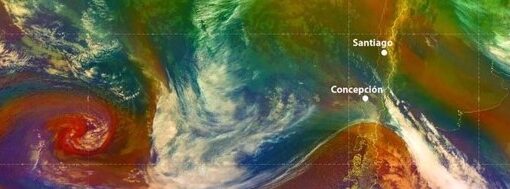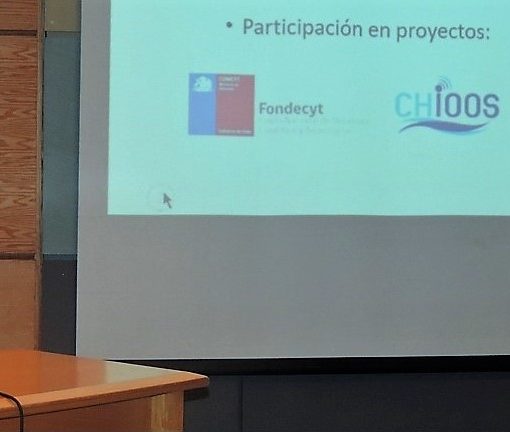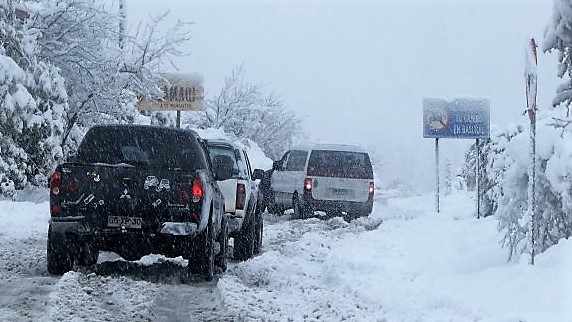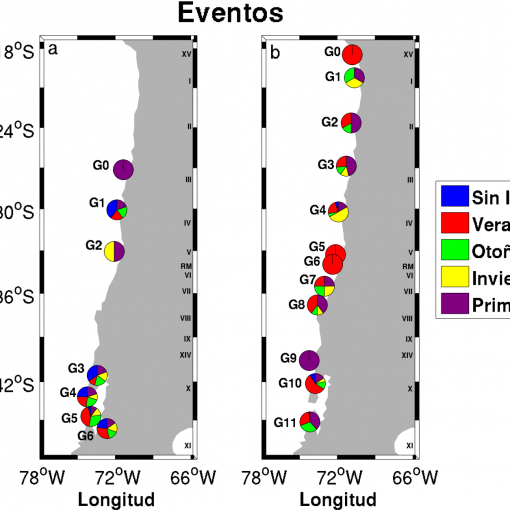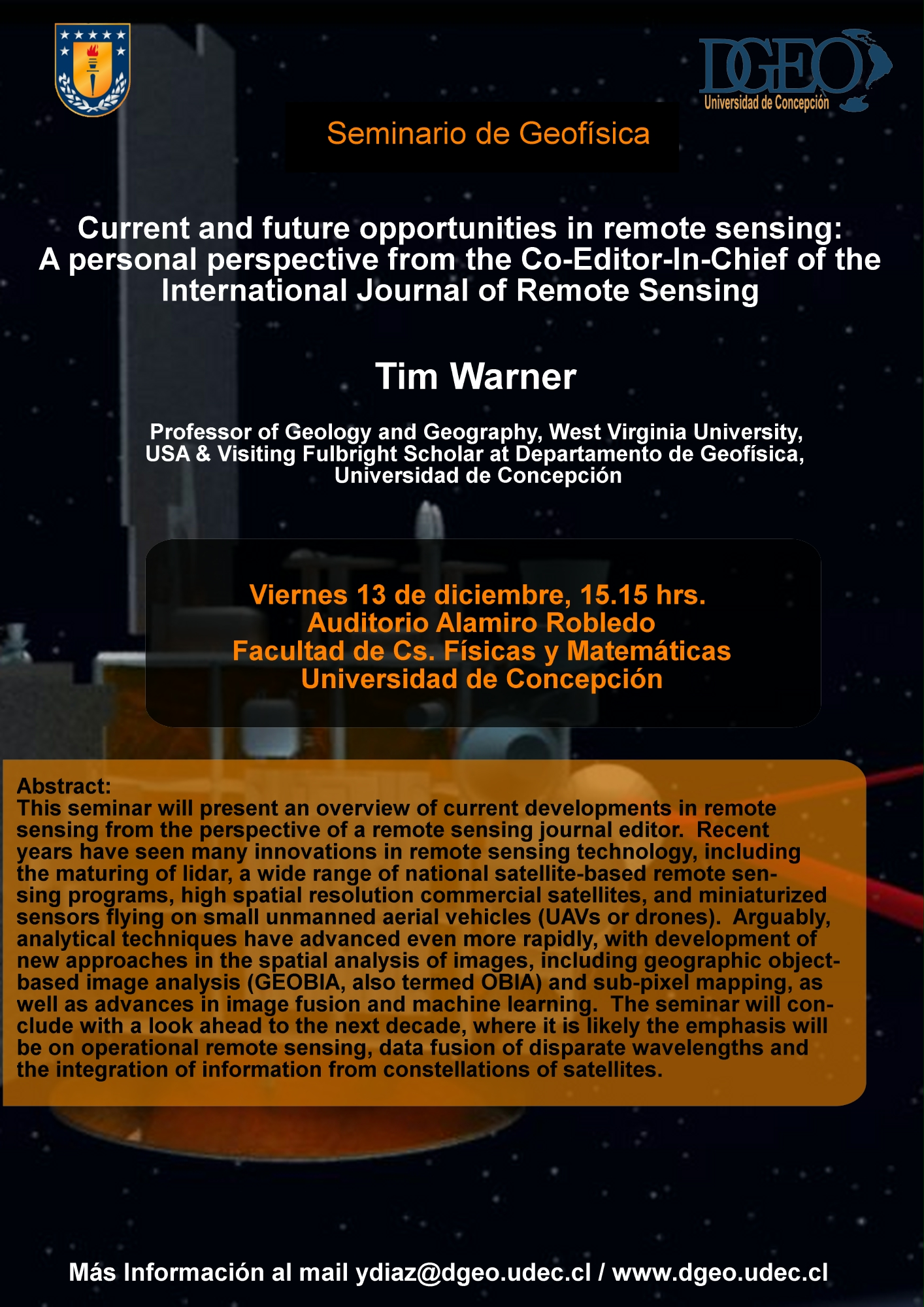
Se invita a todos los interesados en el área de Percepción Remota a participar del seminario “Current and future opportunities in remote sensing: A personal perspective from the Co-Editor-In-Chief of the International Journal of Remote Sensing”, que será dictado por nuestro profesor visitante Dr. Tim Warner, de la West Virginia University. Este seminario se realizará a las 15.15 hrs., del próximo viernes 13 de diciembre, en el Auditorio Alamiro Robledo de nuestra Facultad.
Abstract:
This seminar will present an overview of current developments in remote sensing from the perspective of a remote sensing journal editor. Recent years have seen many innovations in remote sensing technology, including the maturing of lidar, a wide range of national satellite-based remote sensing programs, high spatial resolution commercial satellites, and miniaturized sensors flying on small unmanned aerial vehicles (UAVs or drones). Arguably, analytical techniques have advanced even more rapidly, with development of new approaches in the spatial analysis of images, including geographic object-based image analysis (GEOBIA, also termed OBIA) and sub-pixel mapping, as well as advances in image fusion and machine learning. The seminar will conclude with a look ahead to the next decade, where it is likely the emphasis will be on operational remote sensing, data fusion of disparate wavelengths and the integration of information from constellations of satellites.
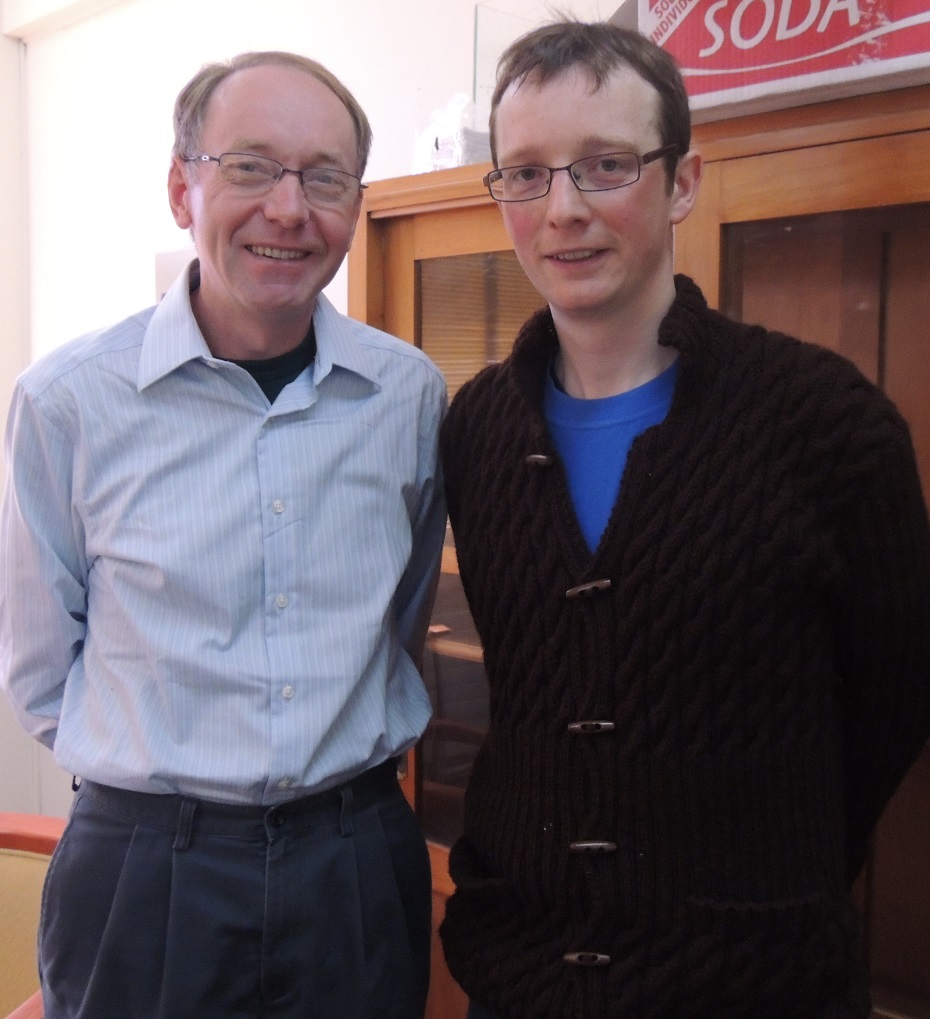 Brief biographical sketch:
Brief biographical sketch:
Tim Warner has a joint appointment in Geology and Geography at West Virginia University, USA. He specializes in terrestrial remote sensing and image analysis, focusing on biogeographical, geological and urban applications. He specializes in the spatial properties of images. He was a founding editor of Remote Sensing Letters. His currently co-editor-in-chief of the International Journal of Remote Sensing and has been appointed editor-in-chief starting from 2014. He was a co-author of the SAGE Handbook of Remote Sensing.
Fotografía: Tim Warner, junto al Profesor Matt Miller (Jefe de Carrera DGEO)
